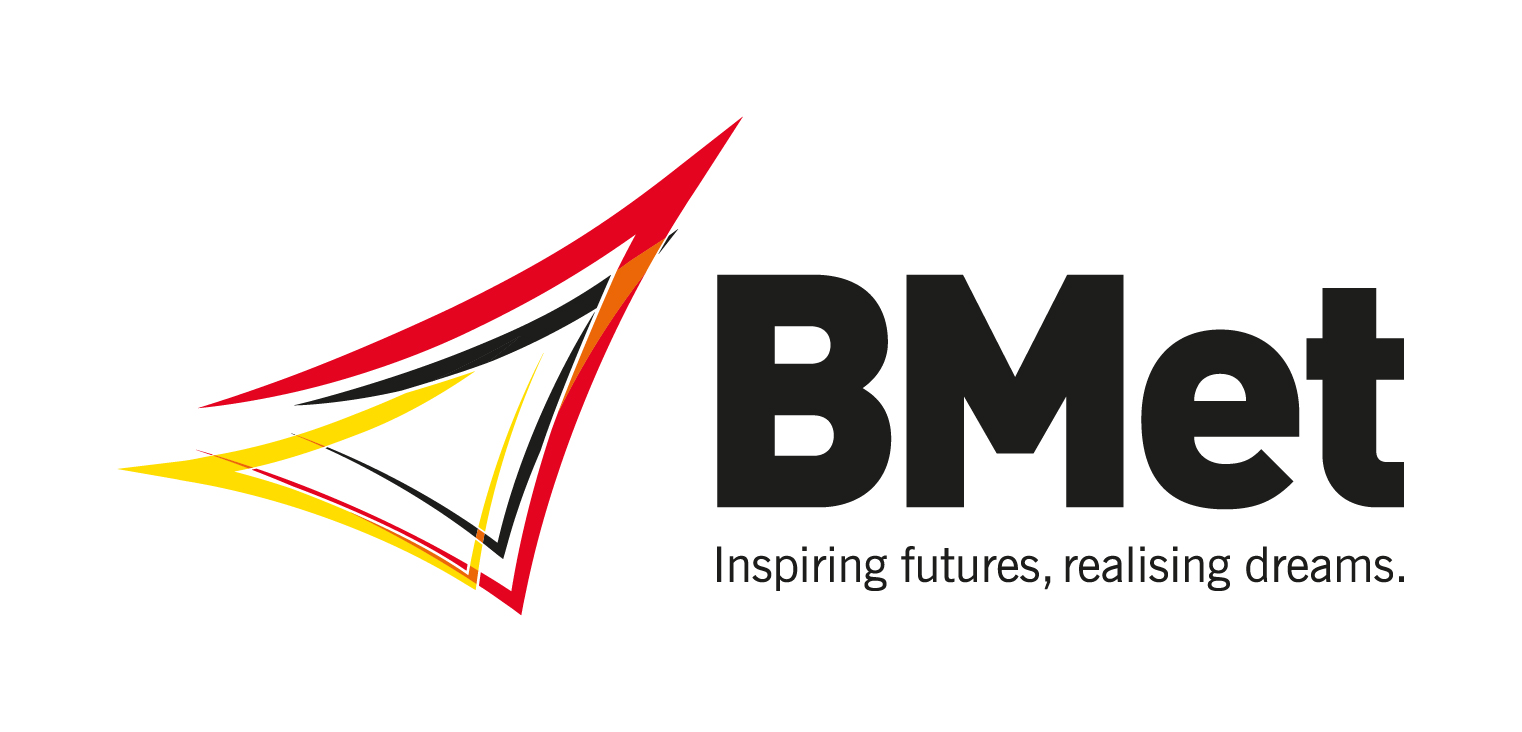Course Overview
This course begins year one by providing you with the building blocks you need for the industry. You will study maths, science and management and cover processes of design, planning and scheduling techniques, and important health and safety principles. You will gain technical knowledge of robotics and programmable logic controllers, factory layouts and inventory control. In your second year, you will continue to develop your cognitive skills by applying your theoretical knowledge to practical projects. You will develop your technical skills through the study of subjects such as CAD which will lead to the production of professional standard engineering drawings as well as CNC programmes and engineered components. You will also study manufacturing control systems and how to implement systems involving PLCs, hydraulics and pneumatics. An exciting part of year two is the Product Innovation module focusing on the tools and methods for developing products from initial concept through to prototype and manufacture.
Entry Requirements
You should have one or more of the following: a Level 3 Diploma in an Engineering or related discipline, an A Level in mathematics with supporting GCSEs in English and science or a pass on an Access to HE course in Engineering. If English is not your first language you should also have an IELTS score of at least 6.0. Equivalent qualifications to the above will be considered. This course can be studied on a part time or full time basis. Applicants who do not meet the academic requirements above, but have substantial relevant industrial experience will be considered. Course entry is subject to interview.
Delivery & Assessment methods
A range of assessment methods are used including assignments, examinations, case studies, projects and presentations.
Progression
Students successfully completing the Foundation Degree with merit grades or higher will be able to progress on to the final stage of an honours degree (this component will take 2 years part-time or one year full-time, subject to university regulations). Students passing the course but not achieving this grade profile will be able to progress on to the second year of the honours degree. As an engineer, your technical expertise and skills will be valued across many industries, including food and drink, oil, plastics, biotechnology, manufacture, aerospace, automotive and pharmaceuticals.


 cy
cy




